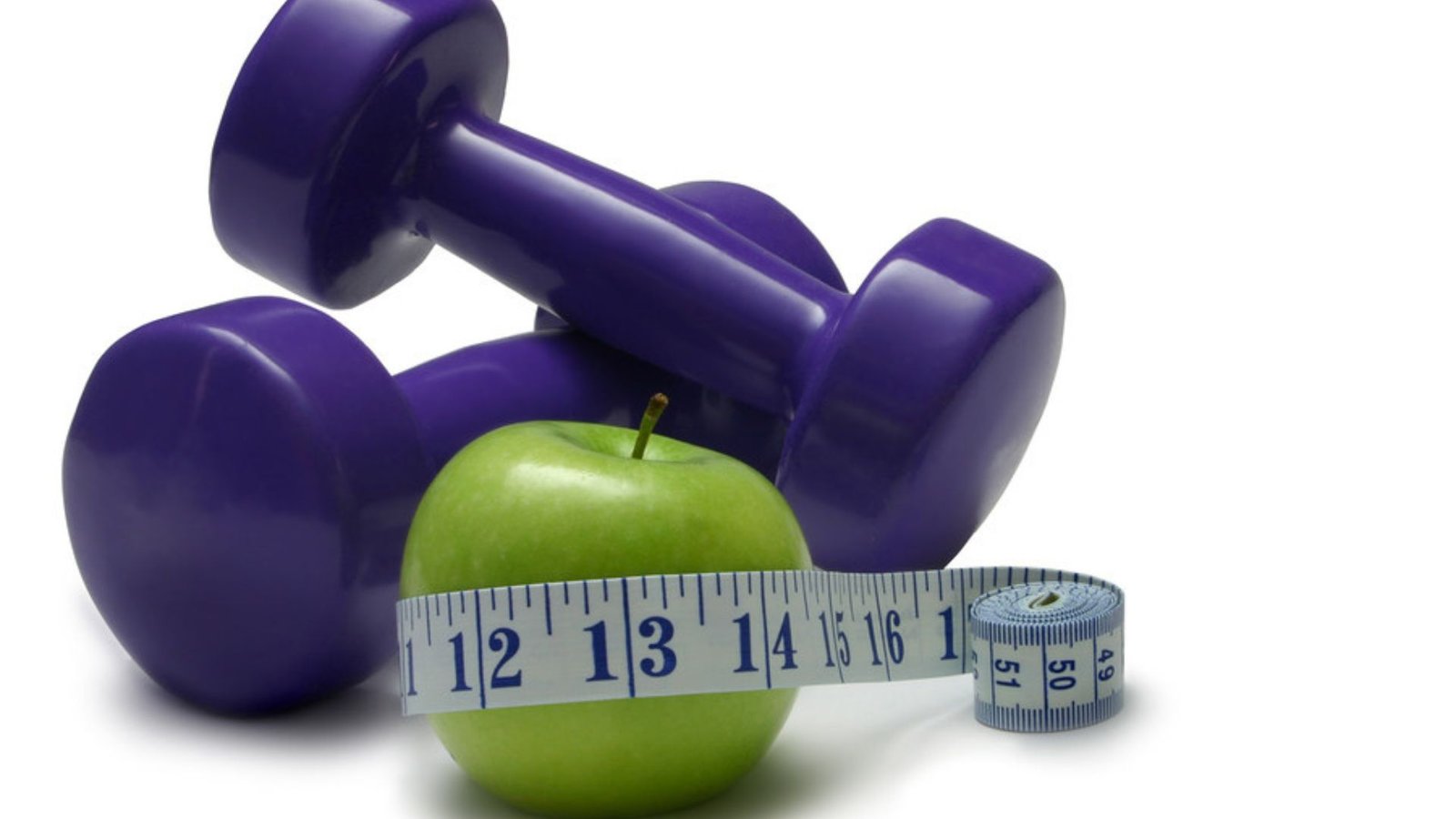Maintaining a healthy lifestyle through balanced diet and regular exercise is crucial for overall well-being, especially for women. Both diet and exercise play significant roles in managing weight, reducing the risk of chronic diseases, enhancing mental health, and improving quality of life. Here’s an in-depth look at how diet and exercise impact women’s health and practical tips for incorporating them into your daily routine.

The Importance of a Balanced Diet
A balanced diet is fundamental to maintaining good health and preventing various health issues. For women, it supports reproductive health, bone density, cardiovascular health, and energy levels. Key aspects of a balanced diet include:
- Nutrient-Dense Foods: Incorporate a variety of nutrient-dense foods, including fruits, vegetables, whole grains, lean proteins, and healthy fats. These foods provide essential vitamins, minerals, and antioxidants that support overall health and help combat diseases.
- Calcium and Vitamin D: Adequate intake of calcium and vitamin D is crucial for bone health, particularly for women as they age and face an increased risk of osteoporosis. Sources include dairy products, fortified plant-based milks, leafy greens, and sunlight exposure for vitamin D.
- Iron: Women, especially those of childbearing age, need sufficient iron to prevent anemia. Good sources include lean meats, beans, lentils, and fortified cereals.
- Fiber: A diet high in fiber supports digestive health and helps manage weight. Fiber-rich foods include fruits, vegetables, whole grains, and legumes.
- Healthy Fats: Incorporate healthy fats from sources like avocados, nuts, seeds, and olive oil. These fats are essential for hormone production and overall cellular health.
The Benefits of Regular Exercise
Regular physical activity offers numerous benefits for women’s health, including:
- Weight Management: Exercise helps in maintaining a healthy weight by burning calories and increasing metabolism. It also contributes to muscle mass, which is important for long-term weight management.
- Cardiovascular Health: Regular aerobic exercise, such as walking, running, or cycling, strengthens the heart, improves circulation, and reduces the risk of heart disease.
- Bone Health: Weight-bearing exercises like walking, jogging, and strength training help maintain bone density and reduce the risk of osteoporosis.
- Mental Health: Physical activity releases endorphins, which can improve mood and reduce symptoms of anxiety and depression. Exercise is also linked to better sleep quality and stress management.
- Reproductive Health: Regular exercise can help regulate menstrual cycles, alleviate symptoms of PMS, and manage conditions like polycystic ovary syndrome (PCOS).
Recommended Exercise Practices
Incorporating a mix of different types of exercise into your routine can provide comprehensive health benefits:
- Aerobic Exercise: Aim for at least 150 minutes of moderate-intensity aerobic exercise per week, such as brisk walking, swimming, or cycling. This helps improve cardiovascular fitness and overall stamina.
- Strength Training: Include strength training exercises at least two days a week. Activities like weight lifting, resistance band exercises, or bodyweight exercises (e.g., squats, lunges) help build and maintain muscle mass and bone density.
- Flexibility and Balance: Incorporate activities that improve flexibility and balance, such as yoga or stretching exercises. These practices enhance joint health, reduce the risk of falls, and improve overall mobility.
- Consistency: Consistency is key to reaping the benefits of exercise. Find activities you enjoy and make them a regular part of your routine. Set realistic goals and gradually increase the intensity and duration of your workouts.
Tips for Integrating Diet and Exercise
To effectively integrate a balanced diet and regular exercise into your lifestyle:
- Plan and Prepare: Plan your meals and snacks ahead of time to ensure they include a variety of nutrient-dense foods. Preparing meals at home allows you to control ingredients and portion sizes.
- Set Realistic Goals: Start with achievable goals for both diet and exercise. Gradually build up to more ambitious goals as you become more comfortable with your routine.
- Stay Hydrated: Drink plenty of water throughout the day to support hydration and overall health. Water is essential for digestion, metabolism, and exercise performance.
- Listen to Your Body: Pay attention to how your body responds to different foods and exercise routines. Adjust your diet and activity levels based on your energy levels, preferences, and any health conditions.
- Seek Support: Consider working with a nutritionist or personal trainer to develop a customized plan that meets your specific needs and goals. Support from professionals can provide guidance and accountability.
Conclusion
Diet and exercise are integral components of women’s health, influencing everything from weight management and cardiovascular health to mental well-being and bone density. By adopting a balanced diet and incorporating regular physical activity, women can enhance their overall health and quality of life. Making gradual, sustainable changes and seeking professional guidance when needed can help create a lasting positive impact on health and well-being.




